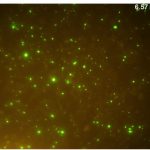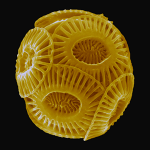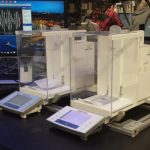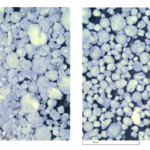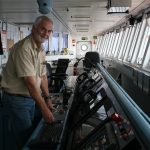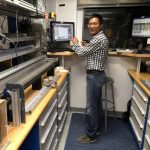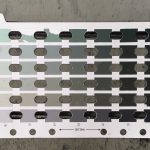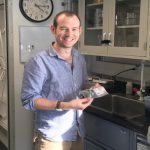
Western Pacific Warm Pool
The Western Pacific Warm Pool is the name we give to the large body of warm water in the Western Pacific. Water has a high heat capacity so this area contains a large amount of heat. This warm water has a big impact on global climate and also ocean currents. This Western Pacific Warm Pool influences the temperature and water content of the atmosphere near it, which in turn influences global climate. Ocean currents also play a part in global climate as they move very large amounts of heat around the planet.
The bottom of the oceans is covered with small particles of matter called sediment. These particles have sunk through the water and settled. They may include pieces of weathered rock washed into the sea through rivers from the land or blow into the sea. It will also include the remains of living things. In the middle of the ocean away from land, plankton will make up a higher percentage of this sediment. The types of plankton and the make up of their shells can give us clues as to the environment and water temperature they lived in.
On this expedition, we took samples or cores of deep sea sediment from key locations. Scientists identified the different species of plankton in the sediment while others analyzed the composition of their shells. By examining these core samples, we gained a greater understanding of past climates and ocean currents in this area. This helped us to understand how global warming might change the climate in this area and how this may influence climate elsewhere.

This map shows the extent of the Warm Pool. The yellow dots show the sites from which we collected sediment.
The map was made by Jen Wurtzel using data from NOAA OI using m_map mapping package for Matlab.

